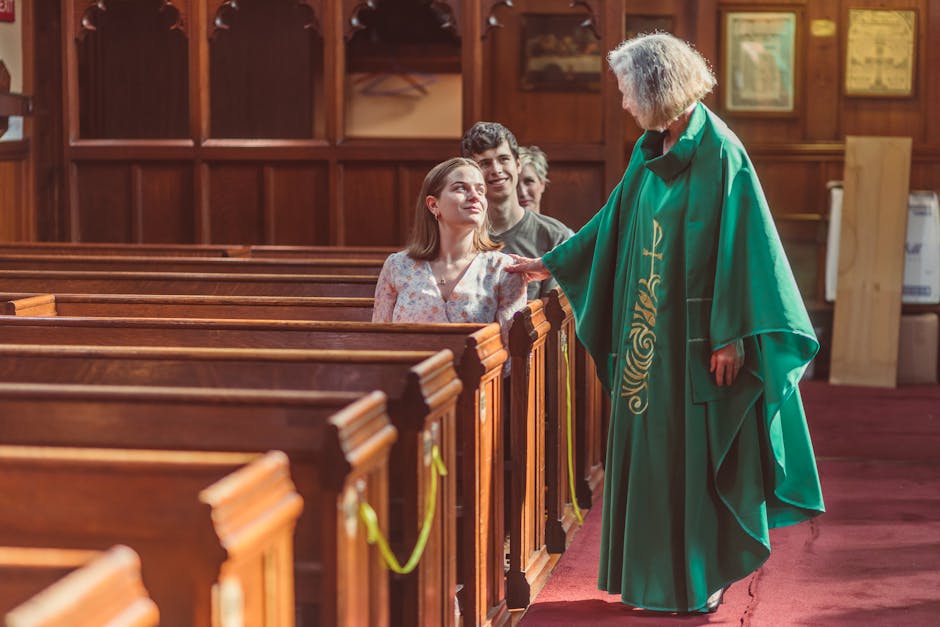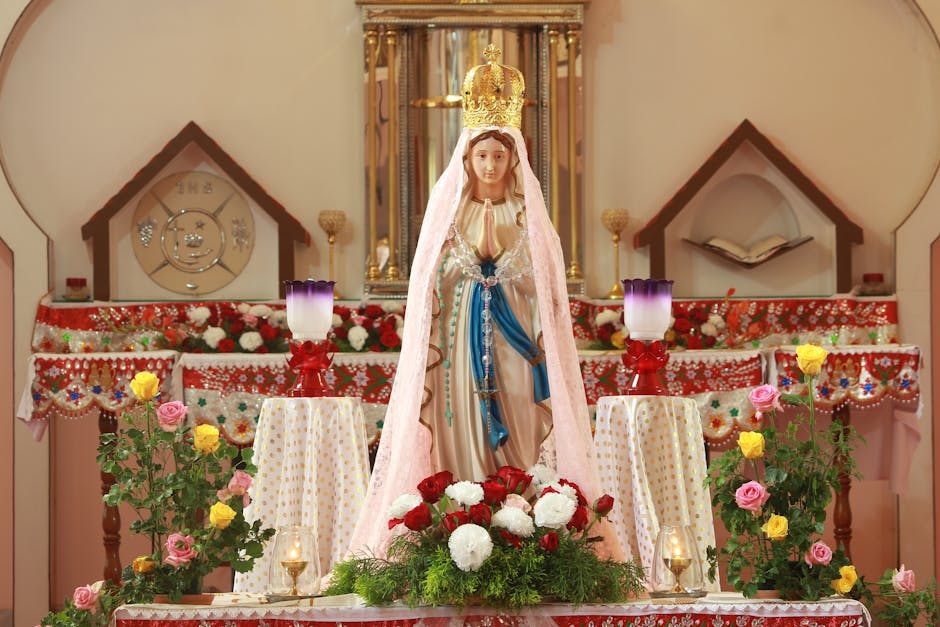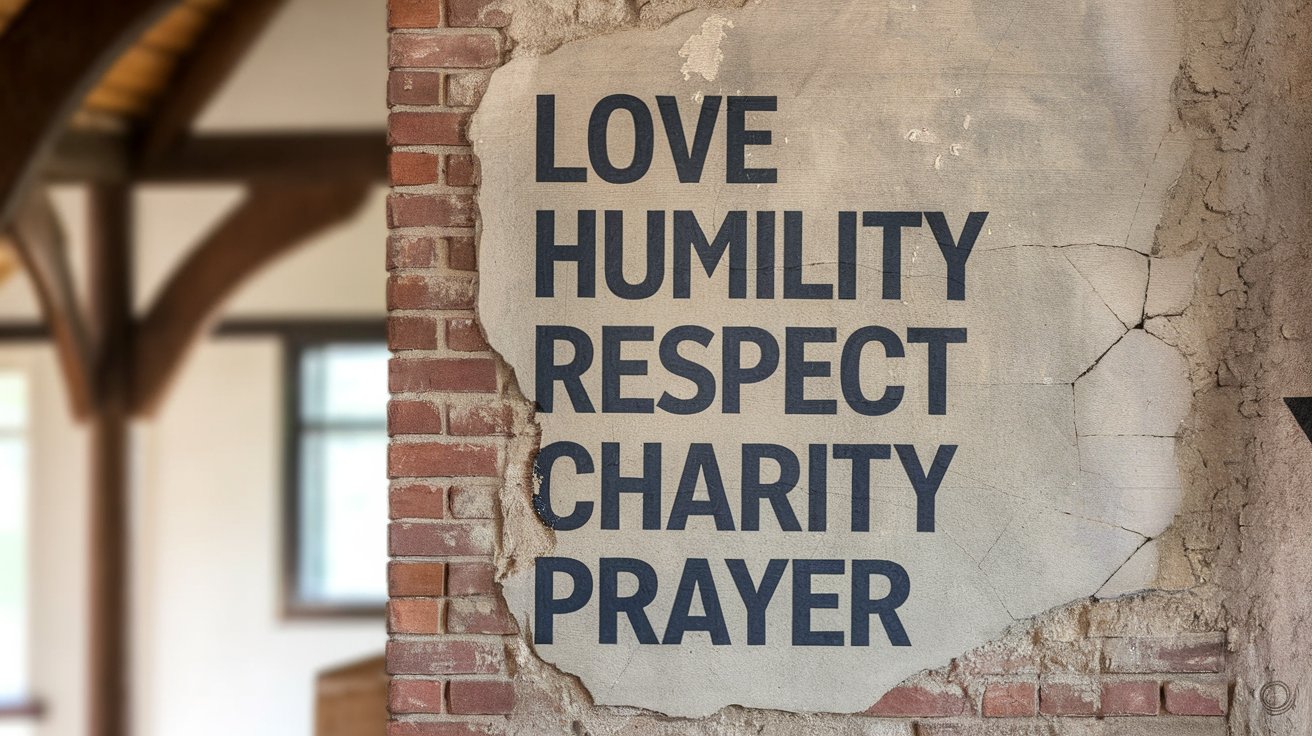The Patient Work of Building Bridges
Recent shifts in the global Christian landscape invite us to reflect on our Catholic calling to be artisans of unity, cultivating common ground in service to the Gospel and the human family.
A significant development has unfolded within the Church of England, as Sarah Mullally, the Bishop of London, is set to become the first woman to serve as the Archbishop of Canterbury. This historic appointment, approved by the British monarch, opens a new chapter for the worldwide Anglican Communion. For the Catholic faithful, this moment is not one for idle commentary but for prayerful consideration. It presents a fresh invitation to walk alongside our Anglican brothers and sisters, seeking new avenues for mutual understanding and shared witness in a world that desperately needs to see Christians united in love and service.
The response from Catholic leadership, both in England and from the Vatican, has been characterized by a gracious and hopeful prudence. Cardinal Vincent Nichols of England and Wales acknowledged the personal gifts the new archbishop will bring to her role. This perspective encourages us to see the person, not just the position, and to recognize the Holy Spirit’s work in all people of goodwill. From Rome, Cardinal Kurt Koch, who leads the Church’s efforts in promoting Christian unity, extended congratulations. His message affirms the ongoing dialogue between our communities, a conversation sustained by charity even when navigating theological divergences. These are not mere diplomatic pleasantries; they are expressions of a deep conviction that what unites us in Christ is greater than what divides us.
From Global Dialogue to Local Renewal
This call to build bridges externally is complemented by the need to cultivate our own garden of faith. It is heartening, then, to see signs of resilience within the Church. In the German-speaking world, for instance, a period of significant trial appears to be giving way to a season of greater stability. For the second year in a row, the number of Catholics formally leaving the Church in Germany and Austria has declined. This is more than a statistic; it is a testament to the quiet, persistent work of grace in local parishes. It speaks to the power of faithful priests and dedicated lay leaders who make the message of the Church intelligible and the life of the sacraments accessible. This stabilization reminds us that the Church is not a fragile institution at the mercy of cultural trends, but a living body animated by the Holy Spirit, capable of renewal at its very roots.
These two currents—one of external dialogue and another of internal fortitude—are profoundly connected. Our ability to be credible partners in ecumenism depends on the vitality of our own faith. A Church that is confident in the Gospel, alive in its parishes, and committed to service is a Church that can speak to the world with a clear and charitable voice.
He has told you, O man, what is good; and what does the LORD require of you but to do justice, and to love kindness, and to walk humbly with your God? (Micah 6:8)
A Practical Workshop for Christian Unity
Building communion begins not in grand assemblies but in the daily virtues we practice in our homes, workplaces, and communities. The table below offers a framework for turning the high calling of unity into concrete actions that serve the common good.
| Practice | Where to Apply | Why It Serves the Common Good | First Small Step |
|---|---|---|---|
| Charitable Listening | Family disagreements; parish council meetings; conversations with non-Catholic friends. | It affirms the dignity of the other person and opens the door to mutual understanding, reducing polarization. | Ask a clarifying question to show you are listening before stating your own view. |
| Prudent Speech | Social media posts; workplace emails; civic discussions about sensitive topics. | It prevents the spread of misinformation and calumny, fostering a climate of trust and respect. | Pause for ten seconds before sending a message written in a moment of frustration. |
| Seeking Common Ground | Collaborating with other local churches on a food drive; engaging in community service projects. | It builds social cohesion and demonstrates that faith inspires constructive action for all. | Identify one local issue (e.g., homelessness) and learn what other Christian groups are doing about it. |
| Mercy and Truth Together | Parenting and family life; managing employees; addressing a friend’s harmful behavior. | It avoids both harsh judgment and permissive relativism, guiding people toward the good with compassion. | When correcting someone, start by affirming your care for them and their inherent goodness. |
| Praying for Other Christians | Daily prayer routine; as a family before meals; during the Prayers of the Faithful at Mass. | It cultivates a spirit of spiritual solidarity and reminds us that we are all part of Christ’s body. | Name a specific Christian leader or community in your prayers this week. |
Blessed are the peacemakers, for they will be called children of God. (Mt 5:9)
An Examination of Conscience for Public Witness
The Gospel call to unity and service asks us to examine how we live out our faith in every sphere of life. The following checklist can help translate these ideals into daily practice:
- Am I actively seeking to understand the perspectives of those with whom I disagree, both inside and outside the Church?
- Does my engagement in public or online discourse reflect the virtues of charity, patience, and a commitment to the truth?
- Have I identified an area of common cause—like serving the poor, protecting creation, or defending human dignity—where I can work alongside other Christians?
- In my professional life, do I lead with integrity, treating colleagues and clients with the respect due to a person made in God’s image?
- Do I regularly pray for Christian unity and for the leaders of other Christian communions?
This work of bridge-building is ultimately the Lord’s work. Our part is to be faithful and willing instruments, trusting that He is bringing about a new thing, even when we cannot see the full picture.
…that they may all be one, just as you, Father, are in me, and I in you… (John 17:21)
As we look to the future, we are not called to be passive spectators of world events but active participants in the mission of the Church. Moments of transition and change, whether in our own communities or in others, are opportunities to deepen our resolve. They invite us to learn from one another, to grow in holiness, and to walk together on the path of discipleship. The enduring task remains the same in every age: to model a different way of being in the world, one marked by humble service, a thirst for justice, and a confident witness to the compassionate face of Jesus Christ, who is our peace and our hope.




